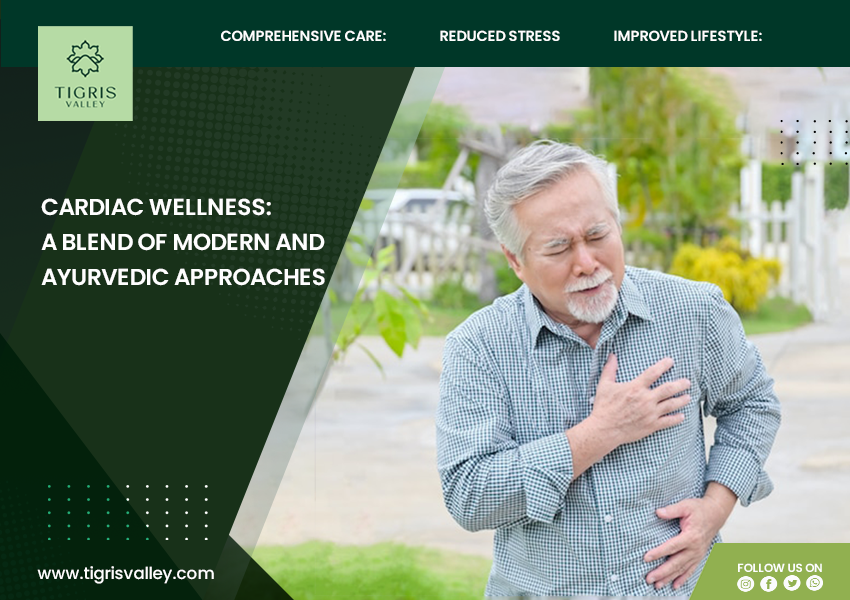Cardiovascular diseases have become a prevalent health concern globally, affecting millions of lives each year. With advancements in medical science, treatments for cardiac conditions have evolved significantly, offering patients a spectrum of options for recovery and rehabilitation. Among these options are cardiac rehabilitation centres, along with specialized programs tailored to promote cardiac wellness. However, in recent years, there has been a growing interest in combining traditional healing methods with modern treatments, leading to the emergence of holistic approaches like ayurvedic wellness treatment.
Cardiac Rehabilitation: Modern Innovations in Heart Care

Cardiac rehabilitation hospitals and centers play a crucial role in the recovery journey of individuals with heart conditions. These facilities offer specialized programs designed to improve cardiovascular health through exercise, education, and lifestyle modifications. Patients enrolled in cardiac rehab programs benefit from personalized care plans that address their unique needs, whether recovering from a heart attack, undergoing cardiac surgery, or managing chronic conditions like heart failure.
The Role of Cardiac Rehab Programs in Enhancing Cardiac Wellness
A comprehensive cardiac rehab program encompasses various components aimed at promoting overall cardiac wellness. These include structured exercise routines supervised by trained professionals to improve cardiovascular fitness, nutritional guidance to support heart-healthy eating habits, stress management techniques to reduce anxiety and promote relaxation, and education on medication management and risk factor modification.
There has been a resurgence of interest in traditional healing practices like Ayurveda, which originated thousands of years ago in India. This ancient system of medicine offers a unique perspective on cardiac wellness, incorporating herbal remedies, dietary recommendations, yoga, meditation, and lifestyle adjustments to promote heart health naturally.
The integration of modern cardiac care with Ayurvedic principles creates a synergistic approach to cardiac wellness. By combining the latest medical advancements with time-tested holistic practices, patients can experience comprehensive care that addresses not only the physical aspects of heart health but also the emotional and spiritual dimensions.
Benefits of Integrative Cardiac Wellness Treatments
Integrative cardiac wellness treatment offer a range of benefits for patients:

1. Comprehensive Care: Patients receive personalized care plans that address their unique needs, combining modern medical interventions with holistic healing practices.
2. Holistic Approach: Ayurvedic treatment focus on balancing the body’s energies, promoting overall well-being and resilience.
3. Reduced Stress: Stress management techniques incorporated into these programs help reduce anxiety and improve mental well-being, which are crucial for heart health.
4. Improved Lifestyle: Patients learn sustainable lifestyle changes that support long-term heart health, including dietary modifications, regular exercise, and mindfulness practices.
5. Enhanced Quality of Life: By addressing physical, emotional, and spiritual aspects, integrative cardiac wellness treatments can lead to an improved quality of life for patients and their families.
The convergence of modern cardiac care and ancient Ayurvedic principles represents a promising path toward comprehensive cardiac wellness. By embracing the strengths of both approaches, individuals with heart conditions can embark on a journey of healing and transformation that nurtures their overall well-being. Integrative treatments offer a holistic framework that honors the intricate connections between body, mind, and spirit, paving the way for a healthier and more vibrant life.



